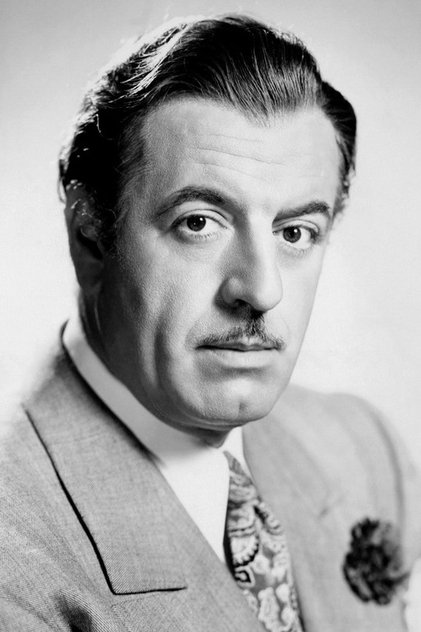
Fortunio Bonanova
- Date of Birth: 1895-01-13
- Date of Death: 1969-04-02
- Place of Birth: Palma de Mallorca, Mallorca, Balearic Islands, Spain
Biography
Fortunio Bonanova, pseudonym of Josep Lluís Moll, (13 January 1895 – 2 April 1969) was a Spanish baritone singer and a film, theater, and television actor. He occasionally worked as a producer and ... Fortunio Bonanova, pseudonym of Josep Lluís Moll, (13 January 1895 – 2 April 1969) was a Spanish baritone singer and a film, theater, and television actor. He occasionally worked as a producer and director. According to Lluis Fàbregas Cuixart, the pseudonym Fortunio Bonanova referred to his desire to seek fortune, and his love of the Bonanova neighborhood in his native Palma. As a young man, living under his birthname, he was a professional telegraph operator. He studied music with the Italian Giovachini. In 1921, he debuted as a singer in Tannhäuser, at the Teatre Principal in Palma. That year, along with a group of Majorcan intellectuals and Jorge Luis Borges (who was briefly living in Majorca with his parents and sister), he signed the Ultraist Manifesto, using the name Fortunio Bonanova. Also in 1921, he appeared in a silent film of Don Juan Tenorio by the brothers Baños, which was shown the following year in New York City and Hollywood. He later directed his own Don Juan in 1924. In 1927, he acted in Love of Sunya, directed by Albert Parker and starring Gloria Swanson. In 1932 he had small parts in Hollywood productions featuring Joan Bennett and Mary Astor. In the same period, he appeared in New York in several operas as well as the zarzuelas La Canción del Olvido ("The song of forgetting"), La Duquesa del Tabarín ("The Duchess of Tabarín"), Los Gavilanes, and La Montería. In 1934, he returned to Spain, where he had a major role in the film El Desaparecido ("The disappeared one") written and directed by Antonio Graciani. In 1935 he acted and sang in the film Poderoso Caballero ("A Big Guy"), directed by Màximo Nossik. In 1936, with the outbreak of the Spanish Civil War, he returned to the United States, where he played the role of Captain Bill in a film called Capitán Tormenta, directed by Jules Bernhardt. A sequence of increasingly larger acting and singing roles mostly in English-language films followed, especially after 1940. Among his roles were Signor Matiste, Susan Alexander Kane's opera coach in Citizen Kane (1941); General Sebastiano in Five Graves to Cairo (1943); Don Miguel in The Black Swan (1942); Fernando in For Whom the Bell Tolls (1943); Sam Garlopis in Double Indemnity (1944); and a singing Christopher Columbus in Where Do We Go From Here?. He continued for the next several decades in a miscellany of character roles.
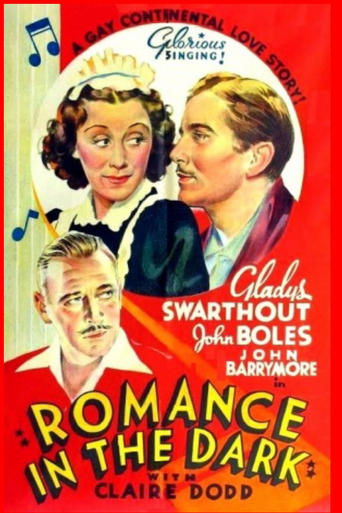
Romance in the Dark
Romance • 1938 March
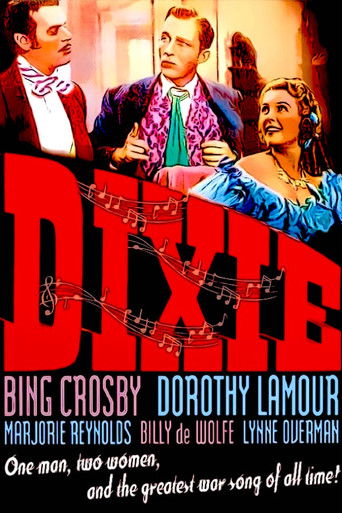
Dixie
Music, Comedy • 1943 June
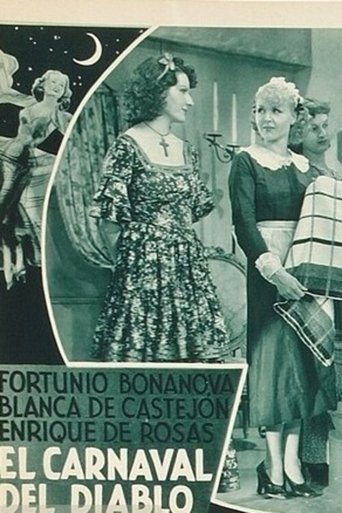
El carnaval del diablo
Drama, Comedy, Music • 1936 December
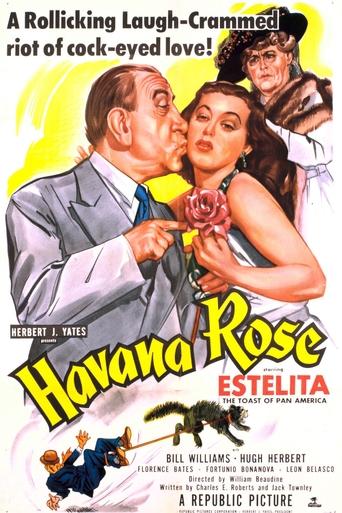
Havana Rose
Comedy • 1951 September
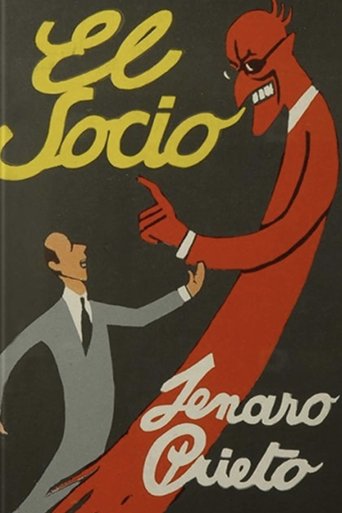
Pacto con el Diablo (o el socio, Mr. Davis)
• 1929 January

Las cuatro plumas
Drama, Adventure • 1928 December
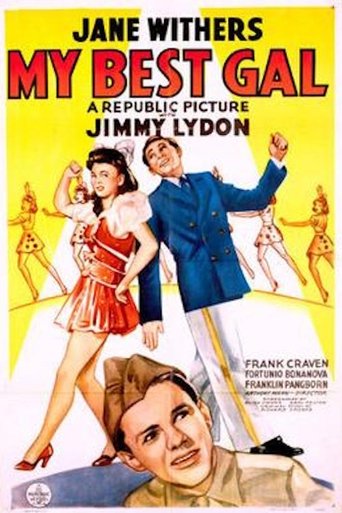
My Best Gal
Comedy, Music, Drama • 1944 March
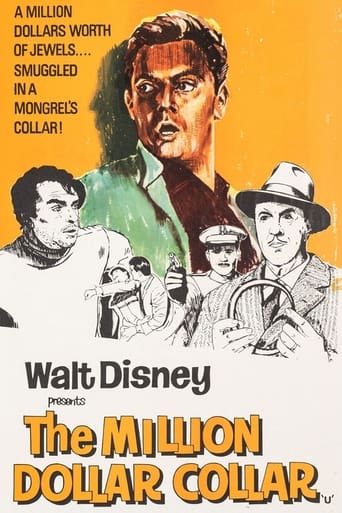
The Ballad of Hector the Stowaway Dog
Family, Crime, Comedy, TV Movie • 1964 January

Hit the Hay
Music, Comedy • 1945 November
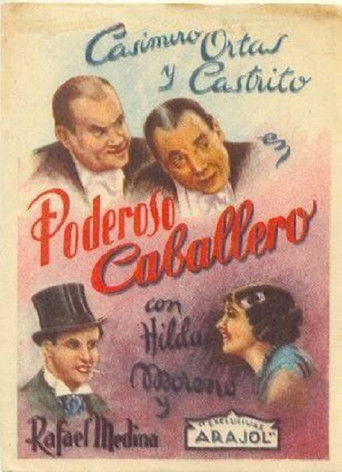
Poderoso caballero
Comedy • 1935 January